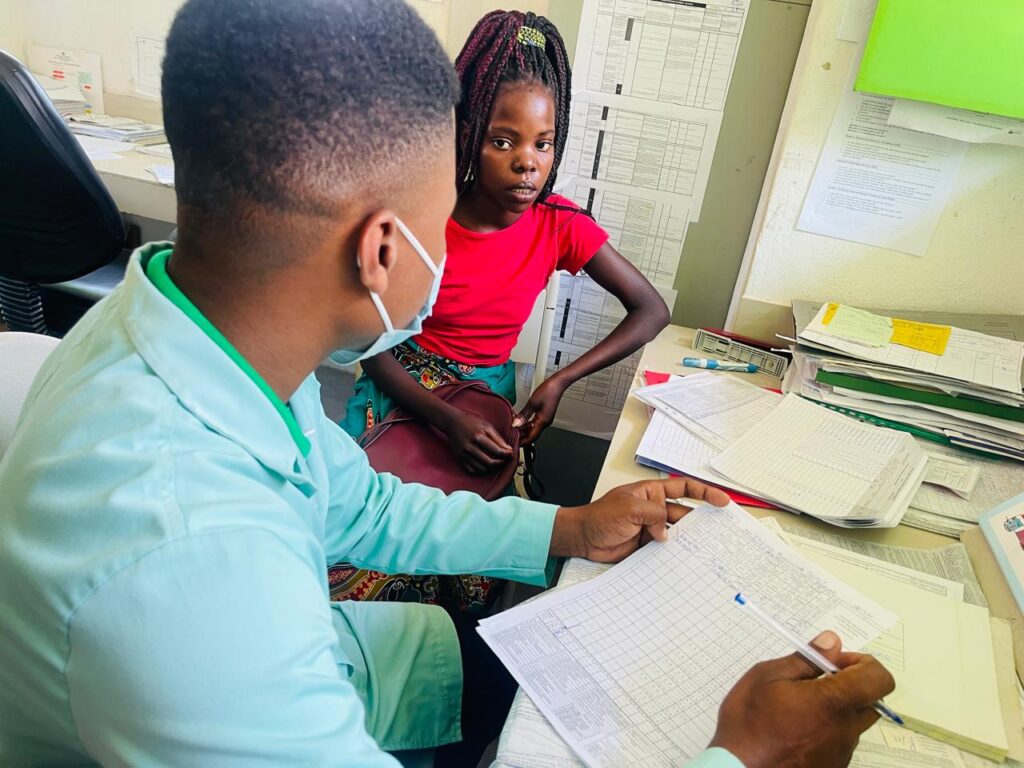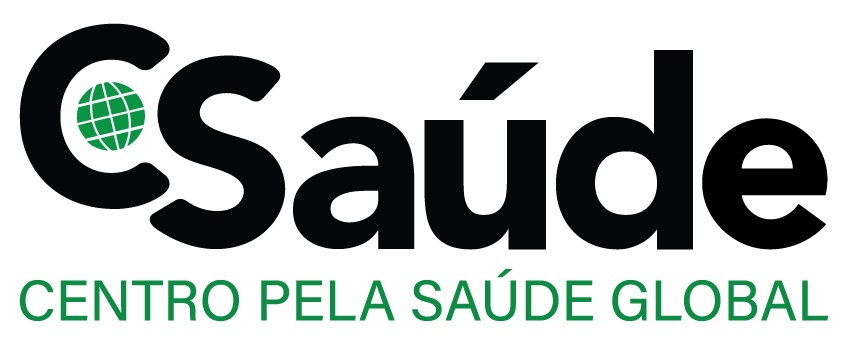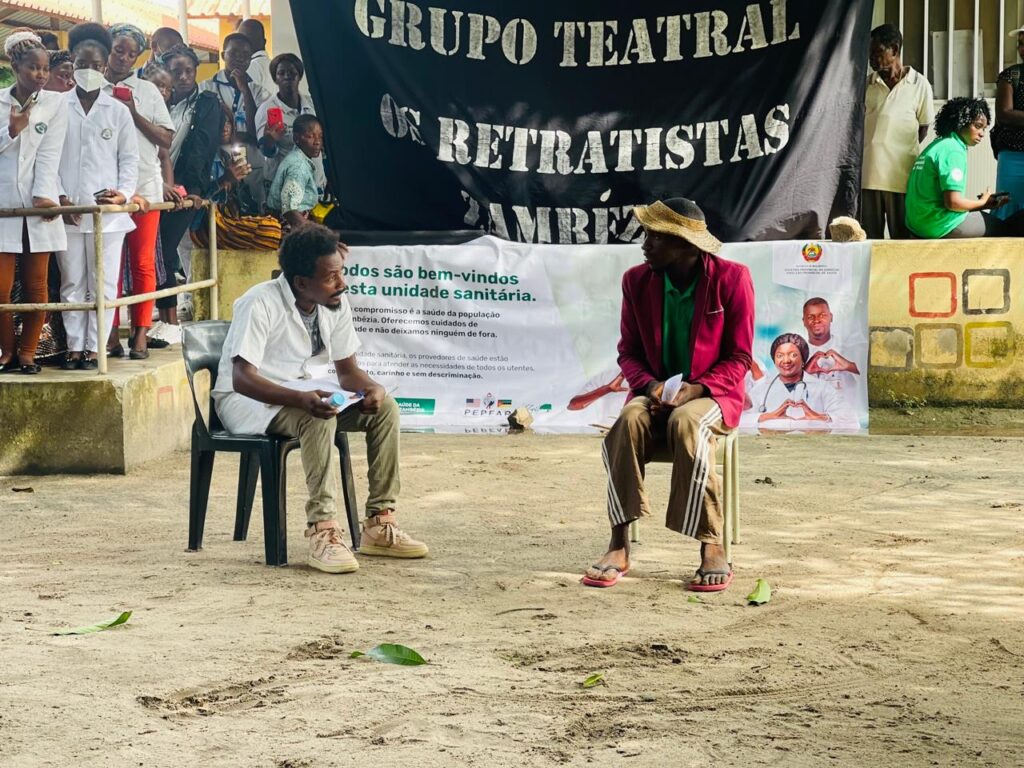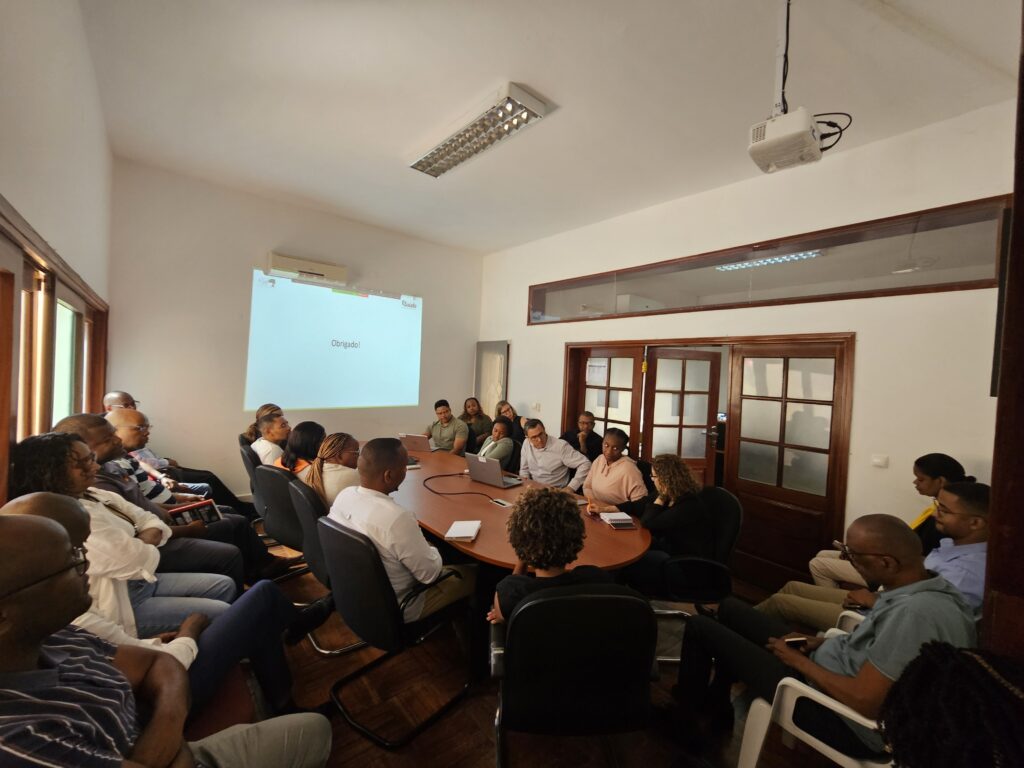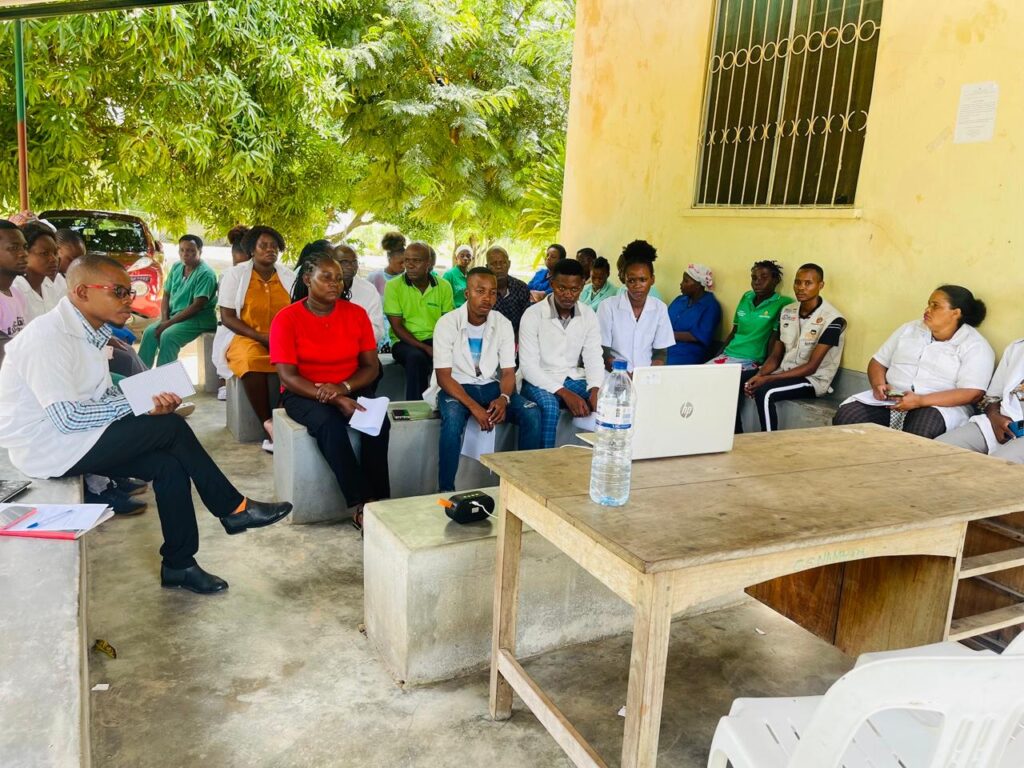In Nicoadala and Derre, C-Saúde has intensified its actions in collaboration with the Direcção Provincial de Saúde (DPS), with the aim of offering comprehensive support to people living with HIV. Realizing that the experience of being a person living with HIV goes beyond physical and clinical issues, the Ministry of Health’s psychosocial approach seeks to address the various dimensions that permeate the lives of people living with HIV, providing essential emotional support.
Feelings of fear, anxiety and depression are common among people living with HIV, often intensified by the social stigma still present in society. The psychosocial counselling promoted by MISAU and implemented by CSaúde aims to create a safe environment where trained professionals work to demystify the condition, helping patients to develop skills that enable them to face the stigma and discrimination often associated with the diagnosis.
As of August, this year, in Nicoadala and Derre, there were 30,693 patients on antiretroviral treatment, of which 864 are adolescents and young people aged 15 to 24, and 1.369 children aged 0 to 14. One of the pillars of the programme is the promotion of adherence to antiretroviral treatment, and emotional support is fundamental for these patients to face the barriers that can make adherence difficult. Psychosocial support therefore acts as a driving force, encouraging healthy behaviors and promoting a care routine that respects patients’ emotional needs.
Interpersonal relationships are also profoundly affected by an HIV diagnosis. In this context, C-Saúde plays a vital role in facilitating communication and promoting diagnostic disclosure among family members, carers and partners. This support is essential for building an environment of better understanding of the disease and the treatment process as well as welcoming, allowing patients, through support groups, to feel comfortable sharing their experiences.
In addition, identity and self-esteem are often impacted by an HIV diagnosis. By promoting support groups, C-Saúde offers a safe space for patients to reconnect with their identity and strengthen their self-image. The aim is to help each patient see beyond the diagnosis, rediscovering their individual value.
The mental health professionals supported by C-Saúde are dedicated to ensuring that patients have access to appropriate care and support groups, ensuring that their health needs are met. Education is another fundamental component of this process; psychosocial support involves promoting information and clarifying doubts about HIV, helping to demystify the disease and encouraging safe health practices.
Mental health, intrinsically linked to physical health, cannot be neglected. Psychosocial support includes constant care for patients’ mental health, addressing issues such as anxiety, depression, and stress-related disorders. In summary, C-Saúde’s work in Zambézia demonstrates that psychosocial support is not only a necessity but a crucial strategy for improving the quality of life and retaining individuals living with HIV.
